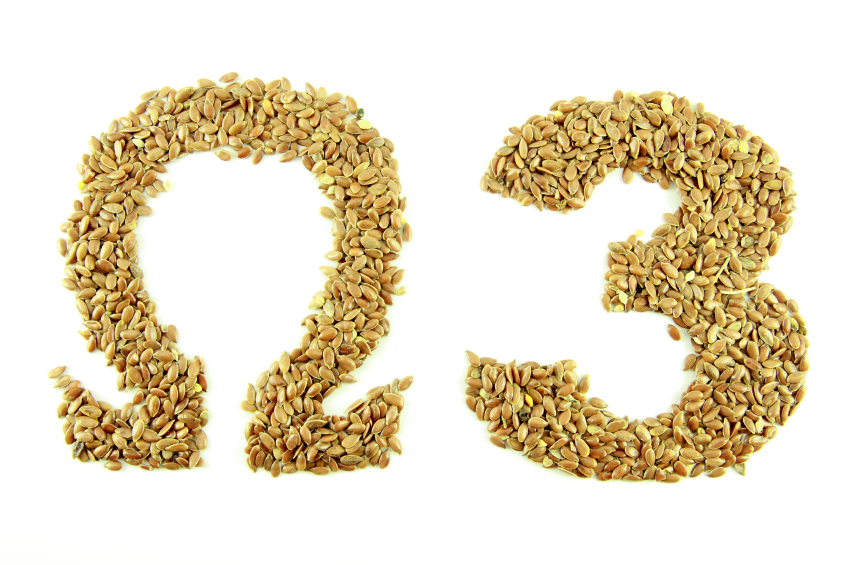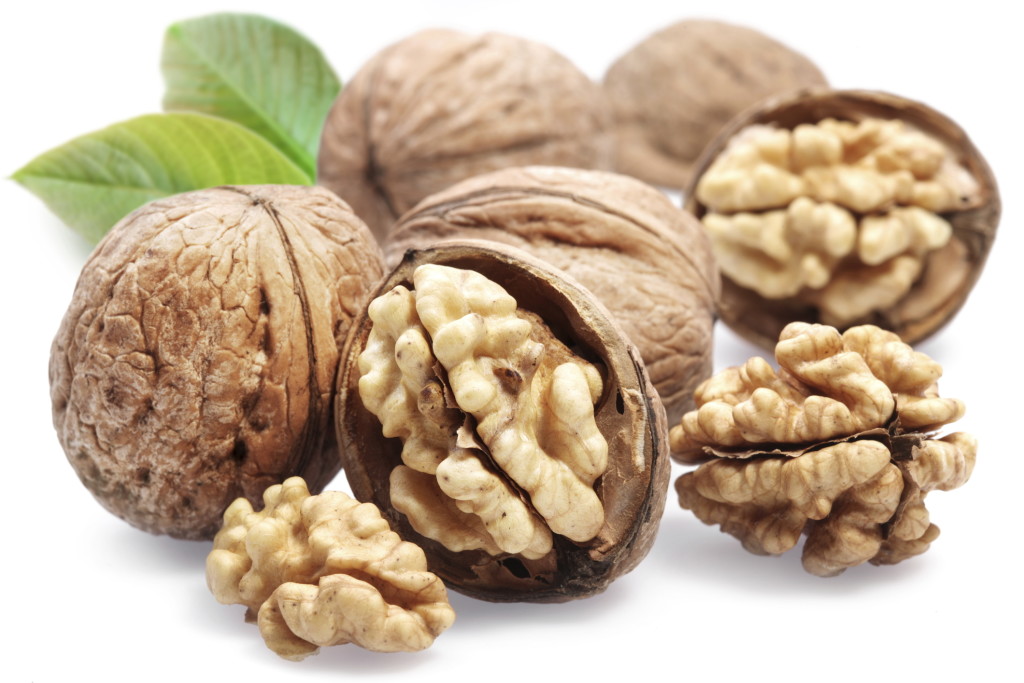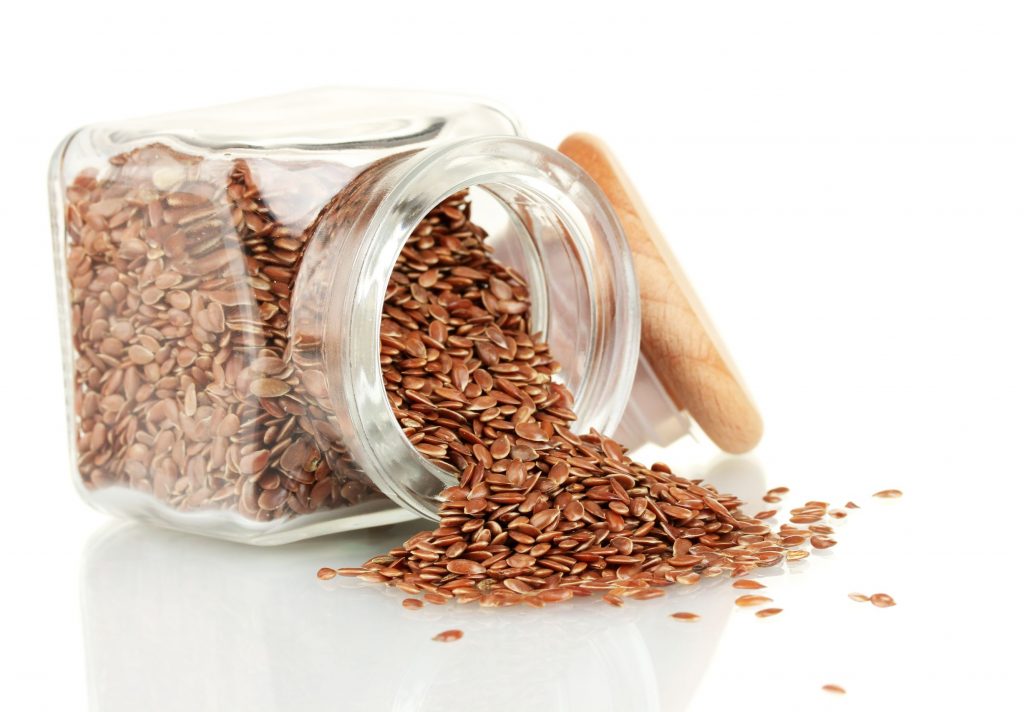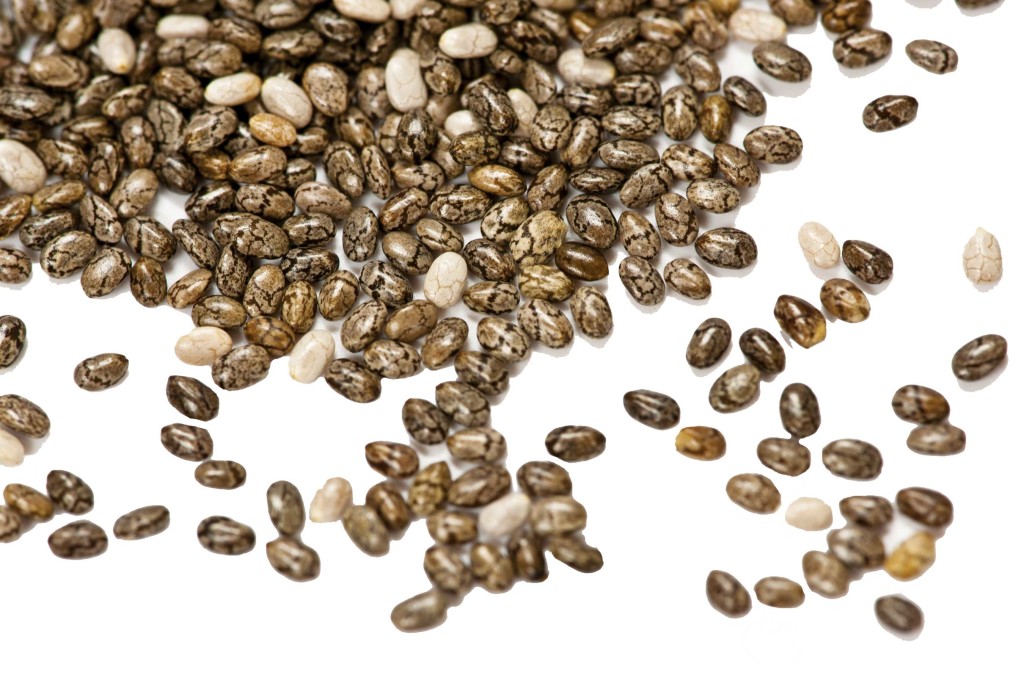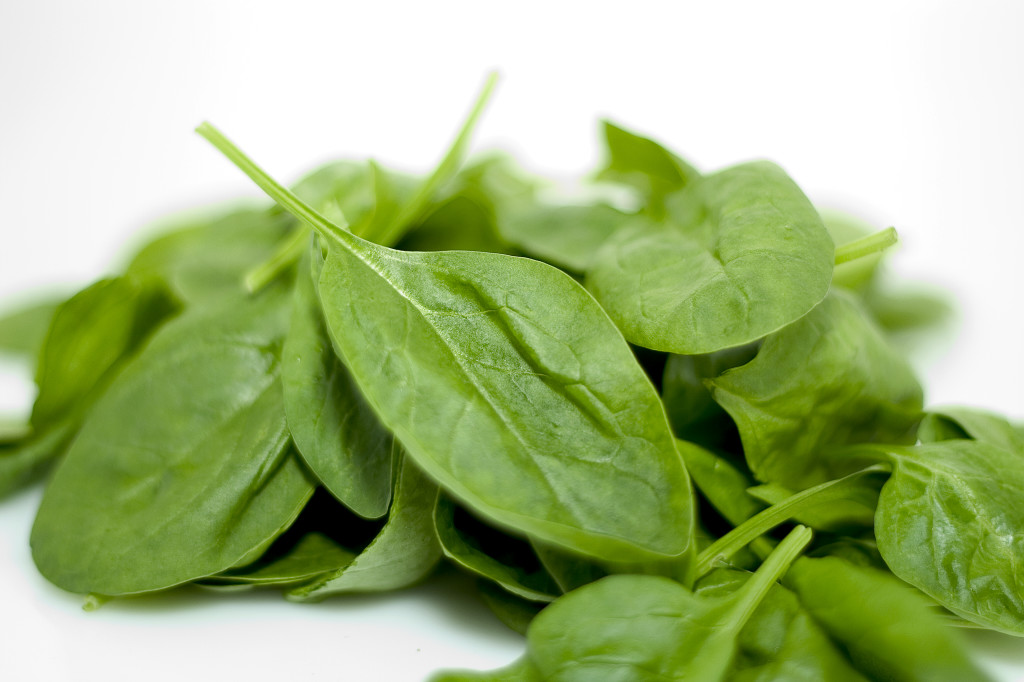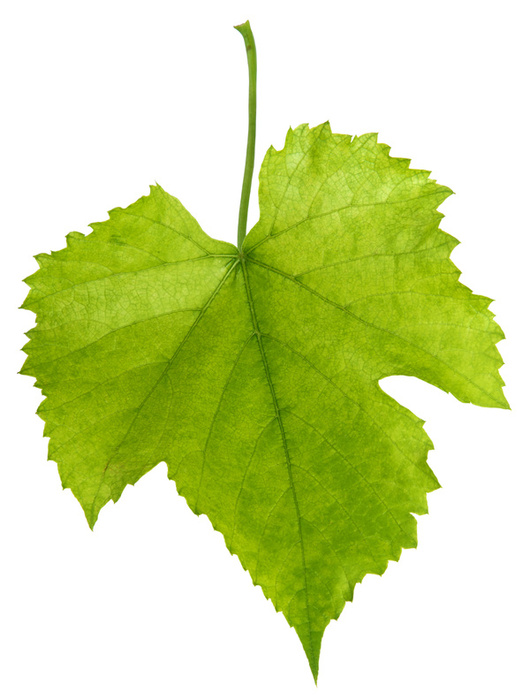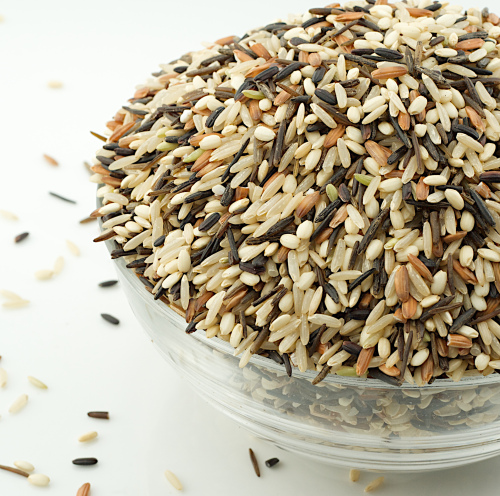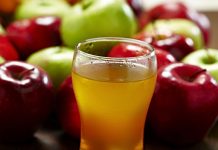What omega-3 fatty acids do to the body is very valuable to the long term health. First of all, they help reduce inflammatory conditions. They also maintain the basic building blocks, prevent premature aging, and most importantly, protect the body against certain ailments.
For non-vegetarians, they usually get this compound by eating fish, especially tuna, and some seafoods. But vegetarians do not eat them at all, not to mention that, collecting fish is considerably animal cruelty. The question now is where do the latter obtain omega-3s? The answer is listed below.
1. Nuts and Seeds
Walnuts
Topped on a whipped-cream dessert, sprinkled on cake, added to a fruit salad bowl, walnuts are a popular type of nut. Other than its delicious and crunchy taste, this nut is high in omega-3 fatty acids. It can supply energy that you need for the entire day, while provide you certain health benefits in the long run.
Flax Seeds
One good reason why you must store as many grams of flax seeds in your kitchen pantry is they can remain unspoiled for a long time. You can use these tiny seeds for your smoothie, dessert, and pastry. It’s a kind of foods good for sprinkling. But what makes it important is its content of omega-3s.
Chia Seeds
Another form of seed that is rich in omega-3 fatty acids is chia seeds. This also contains a high amount of fiber. Other than preventing digestive problems, they can stabilize your blood sugar levels. Other nutrients found in this tiny seed are protein, manganese, and phosphorus.
2. Green, Leafy Vegetables
Spinach
Apart from fiber, iron, protein, and potassium, this famous greens is an excellent source of omega-3 fatty acids. It is for this reason why it is often said to help reduce the risk of cancer, along with other diseases, such as heart disease.
Kale
Like spinach, kale is also a favorite vegetable these days. Even non-vegetarians find this delicious. And as far as health is concerned, it contains omega-3s, along with vitamin A, vitamin C, fiber, and protein.
Brussels Sprouts
Another green veggie that is an excellent source of omega-3 fatty acids is Brussels sprouts. You can cook them as a whole or cut in halves. There are many delicious dishes that you can make with this food, which gives you another reason to regularly it.
Arugula
Even though it’s not as popular as spinach, this leafy greens are recommended to consume on a regular basis. If you are low in omega-3, it’s best that you include this to your dishes. You can add to your green salad, blend with other ingredients to create refreshing smoothie, or sprinkle on top of some meals.
Grape Leaves
Believe it or not, the leaves of grapes also contain omega-3s. For vegetarians, this may not be common at all, but surprisingly, there are lots of recipes that use grape leaves. Other than the benefits omega-3 provides, your glycemic index is reduced and inflammatory disorders are prevented.
3. Beans and Grains
Beans
All types of beans also contain omega-3 fatty acids. Many vegetarians make dishes with beans included. These are also healthy as they contain zero cholesterol with low fat. As you may already know, they can help reduce the risk of certain illnesses, which include heart disease, and regulate blood glucose levels.
Wild Rice
Lastly, but not the least, wild rice features omega-3s. It is also gluten-free. In many dishes, this is mixed with white rice. If you are into rice, better add wild rice to your meals.
There is no problem for vegetarians in obtaining omega-3s with these foods. It is also one good argument for vegetarians to discuss with non-vegetarians when the issue of lack of omega-3 fatty acids is presented. Most significantly, it’s the best reason to share with others that they do not need fish to get this kind of essential compound.
Please share and let others also know about Omega 3 sources.

